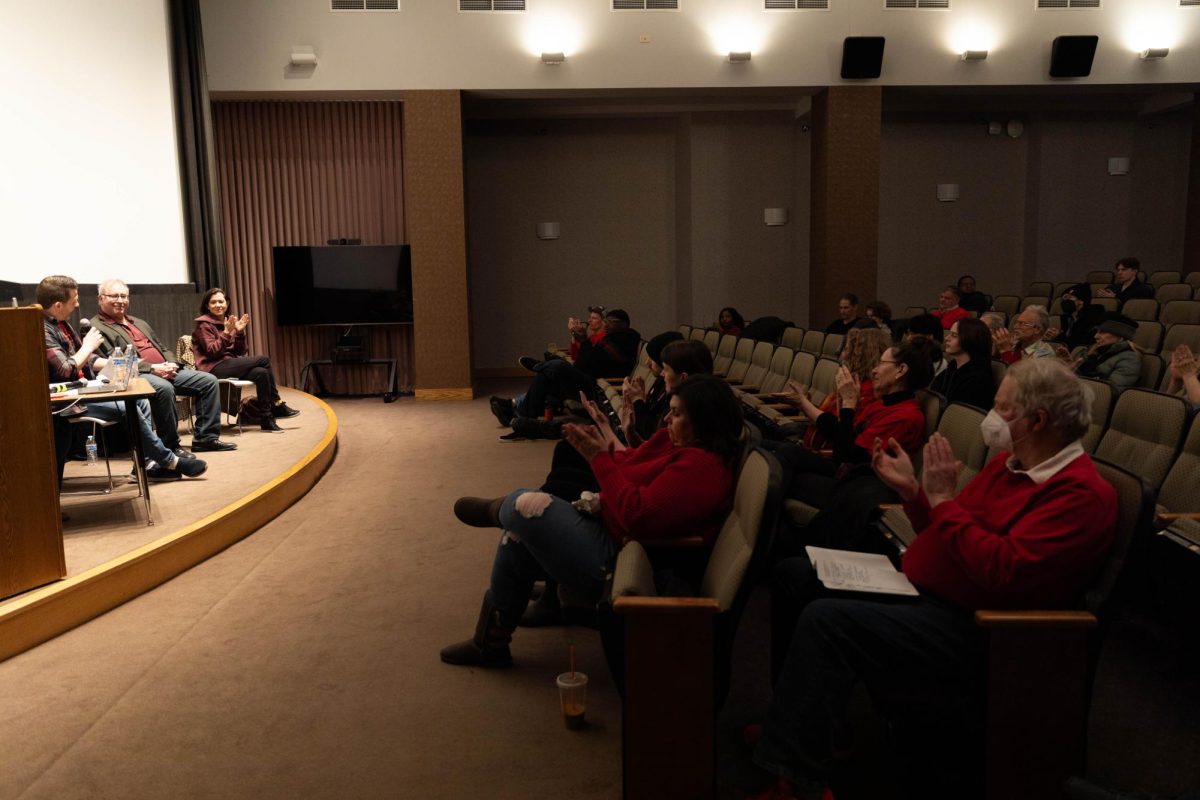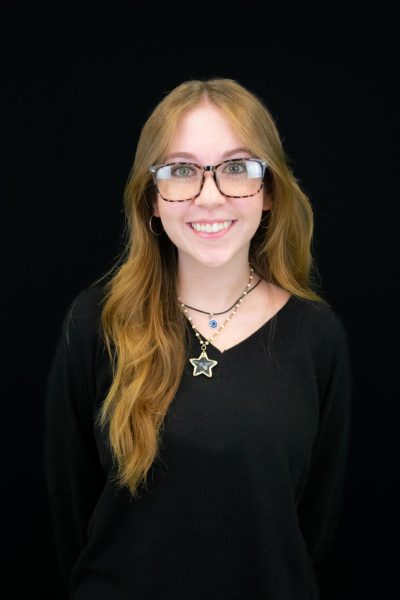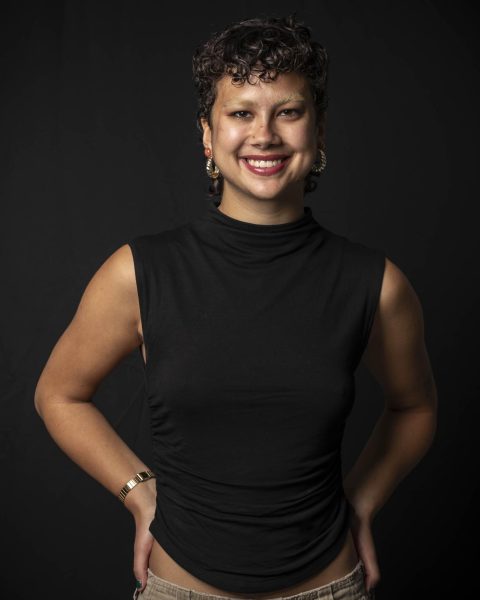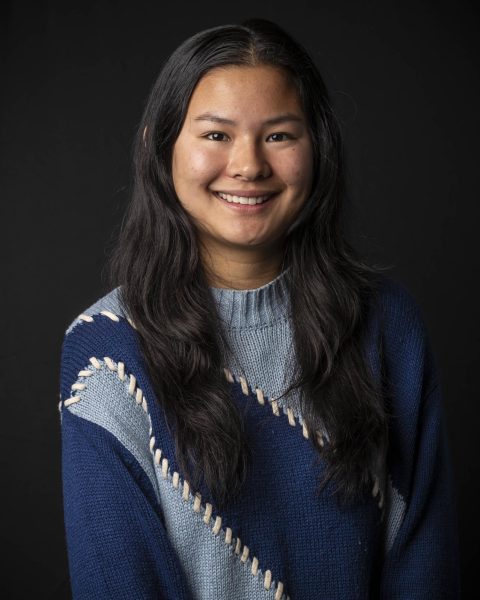Columbia’s part-time faculty union hosted an open event for faculty and students on Friday, March 1 to debrief the historic strike, talk about unionism and the arts and discuss strategy for organizing. But when some part-time instructors who resigned during the historic strike last fall showed up for what was advertised as a “town hall,” they were turned away and threatened with legal action.
Jonathan Castillo and Dylan Yarbrough, both part-time instructors in the Photography Department, said they were denied entry to the event.
“That’s how she got us to leave…citing that she spoke to the lawyer and they were calling the town hall a union meeting,” Castillo said, referring to the union member who blocked their entrance.
Yarbough said the invitation, which was shared on Instagram, advertised that it was open to the Columbia community. “My only intention was to see what was being discussed at the town hall,” he said.
Called the “CFAC Town Hall 2,” the event was held at 1104 S. Wabash and hosted by Columbia Faculty Union President Diana Vallera, a part-time instructor in the Photography Department.
CFAC hosted its first town hall last October, 10 days before the union voted to strike. The walkout was the longest part-time adjunct faculty strike in U.S. history, lasting seven weeks before a deal was reached in December.
The union invited students and faculty for lunch before the second “town hall,” and according to Vallera, nearly 80 students and faculty registered. About 40 attended.
The Chronicle was allowed to attend the event, but Delia Pless, a part-time instructor in the English and Creative Writing Department and union publications chair, told the Chronicle the town hall was a “union meeting” and prohibited journalists from filming. The Chronicle was allowed to stay for the event.
Castillo said security in the building were also “under the impression this was an open town hall.”
When asked later what the purpose of the event was, Vallera said it wasn’t “just a union meeting.“ “It was always open to students, and of course, our guests and union members,” she said.
She called it a “union town hall,” which was different wording from the promotional emails and flyers.
When asked about the two former members who were dismissed from the meeting, Vallera said that one of them had RSVP’d but was contacted by the union ahead of the event and told they couldn’t come. “They just lost their voice to whatever the union does,” she said. “They have no say in it anymore.”
First year photography major Daniel Davis-Brooks attended the event because he is a student of Vallera’s and wanted to “hear what’s going on with our teachers and the strike.”
“I have a lot of concerns about the state of the college,” Davis-Brooks said, “I mean, it kind of mirrors how I feel about the country, too…I didn’t know that I would be hearing about these exact same problems in a school but I’m just worried about things like having a bloated budget where money goes because we’re the students who have to pay tuition.”
First year acting major Trenton Christensen attended to “get a better understanding of the situation and support my peers and faculty.”
“I’m afraid that when this semester ends and summer break happens, there’ll be grand changes,” Christensen said. “And when I come back next year, if I come back next year, it will be too different.”
The event began with Diana and three panelists who also are members of the SAG-AFTRA union: part-time voice acting instructor Brian Plocharczyk, Chicago actress Ilyssa Fradin and Richard Shavzin, a member of the Chicago Theatre.
“We’re here to thank our students first and foremost,” Vallera said. “We have a lot to be grateful for and we want to go through our accomplishments.”
Throughout the union town hall, the panelists discussed their importance of joining unions and the potential difficulties that may come along with it, highlighting that striking is a last resort in these cases.
When someone in the audience asked for an update about charges made against the college during the strike, Vallera said the union has filed 15 unfair labor practices.
Students were invited to ask questions toward the end of the event and most asked about joining a union.
This story has been corrected.
Resumen en Español:
La facultad de tiempo parcial organizó un evento abierto el Viernes, el primero de marzo en el edificio 1104 S. Wabash, para discutir las estrategias de organización. Aunque fue anunciado como una ayuntamiento, miembros de la unión que renunciaron durante la huelga del primer semestre fueron rechazados. Fue dirigido por Diana Vallera, el Presidente del sindicato de profesores de Columbia.
La Crónica estaba permitida asistir el evento, y Vallera les dijo que al renunciar de la unión, los miembros anteriores perdieron el derecho de comentar en sus planes. Estudiantes, miembros de la unión y los invitados asistieron para escuchar del desenlace de la huelga, y que significa para los programas de arte a Columbia. También asistieron para hacer preguntas de unirse a un sindicato.











